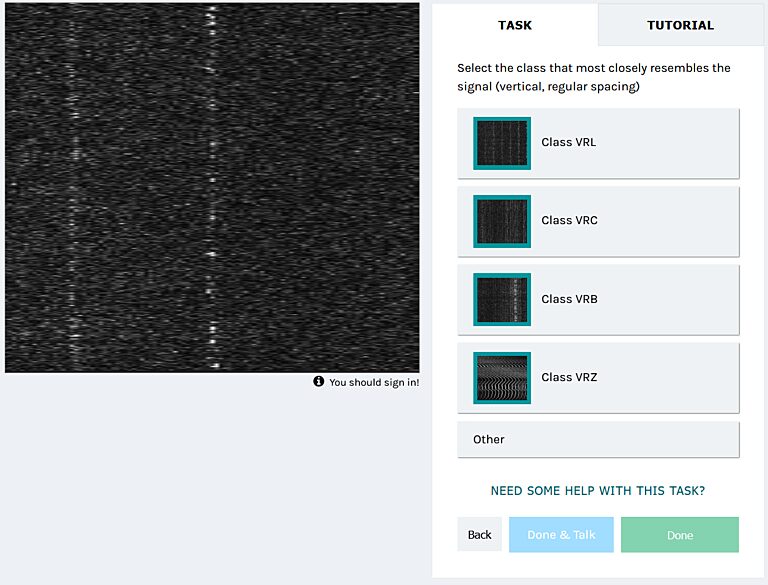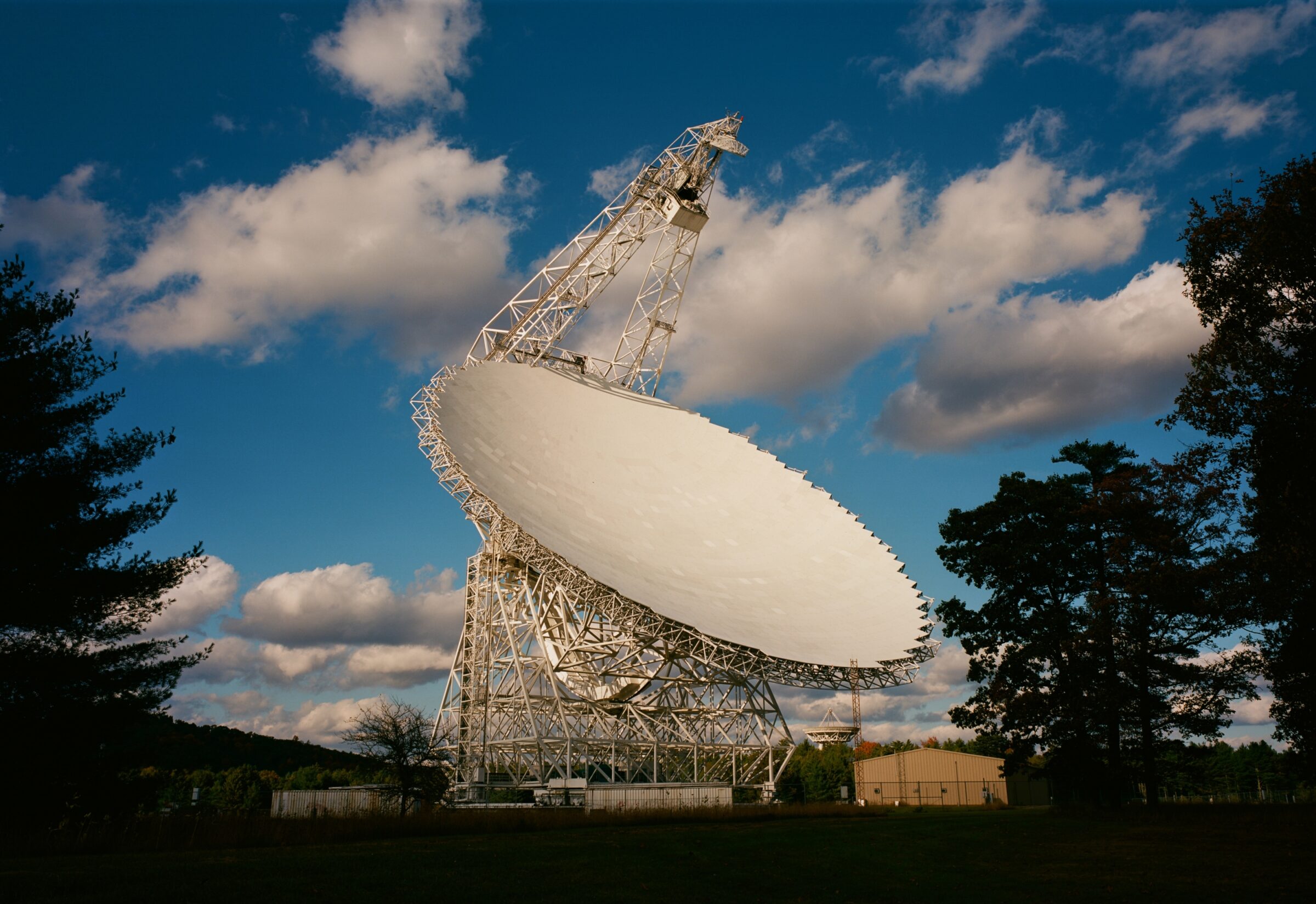Are we alone in the Universe? SETI project
Are we alone in the Universe? The answer may come in a signal from the stars.
SETI, the search for extraterrestrial intelligence, encompasses many different techniques to look for life beyond Earth. One is listening for radio transmissions from other star systems. Detecting these signals is challenging because we have to rule out signals from intelligent life right here on Earth. For example: What looked like a possible signal from our stellar neighbor Alpha Centauri in 2020 turned out to be a simple clock oscillator.
Computer algorithms can sift through large amounts of data and hone in on promising signals, but these programs must be trained to discard false positives. That’s where citizen scientists come in. Researchers at UCLA, in partnership with The Planetary Society and NASA, are recruiting volunteers to train computer algorithms that will be used to search for life beyond Earth.
The Planetary Society awarded $50,000 to the project through our STEP Grants program in 2022. STEP grants are competitively awarded through an open, international process.
“We are excited to expand our search capabilities by launching a collaboration with citizen scientists,” said Jean-Luc Margot, a planetary astronomer and UCLA professor who leads the project. “Join us! With your help, we hope to find the most amazing needle ever found in a haystack.”
Margot noted that the project builds on The Planetary Society’s long history of SETI-related activities.
“Shortly after its creation, The Planetary Society transformed the SETI field by funding the Megachannel Extra-Terrestrial Assay (META) project of Paul Horowitz and Carl Sagan. We are thrilled to partner with The Planetary Society to continue this deeply meaningful search."
Megan Li, a Ph.D. student working on the project, said that she’s excited to pursue the question of whether or not we are alone in the universe.
“This collaboration combines my two favorite things: SETI and outreach,” she said. “Humanity’s most profound discovery could be a few clicks away.”
How it works

Using the Zooniverse citizen science platform, volunteers will examine signals captured by the 100 meter Green Bank Telescope in Green Bank, West Virginia. Participants will sort signals into categories of known radio interference, which will help train a machine learning system for future searches.
The Green Bank observation data comes from 100 stars known to have planets. Due to the telescope’s wide field of view, potential signals from tens of thousands of additional stars and planetary systems are also captured. So far, the UCLA group has observed 40,000 stars and detected over 60 million radio signals.

Are we alone in the Universe? You can help us find out by joining the citizen science effort at Zooniverse today.
The Planetary Society thanks the Halıcıoğlu Family Foundation for enabling the development and implementation of the STEP Grants program, which made our support of this project possible.


 Explore Worlds
Explore Worlds Find Life
Find Life Defend Earth
Defend Earth

